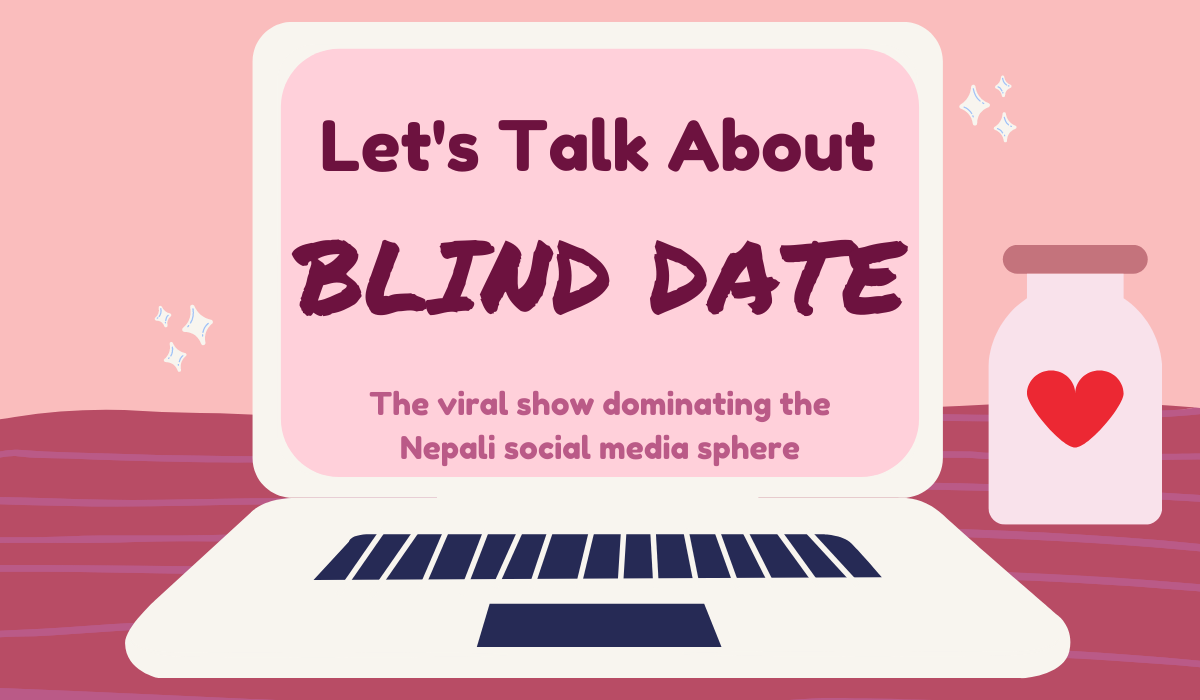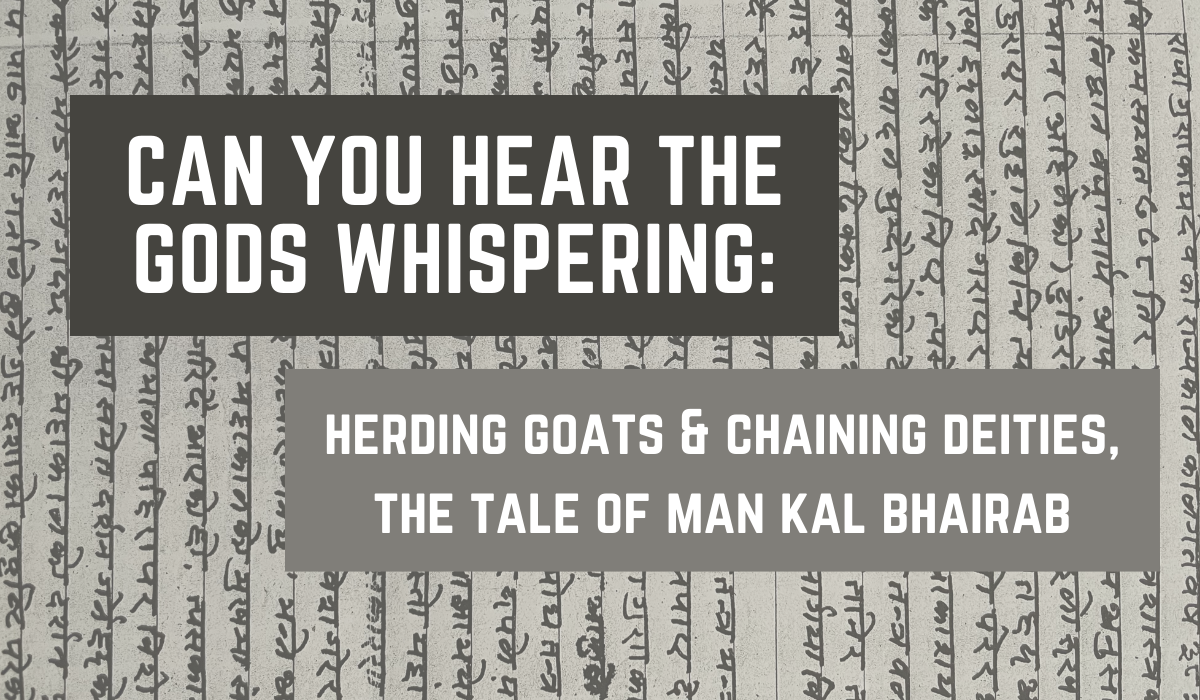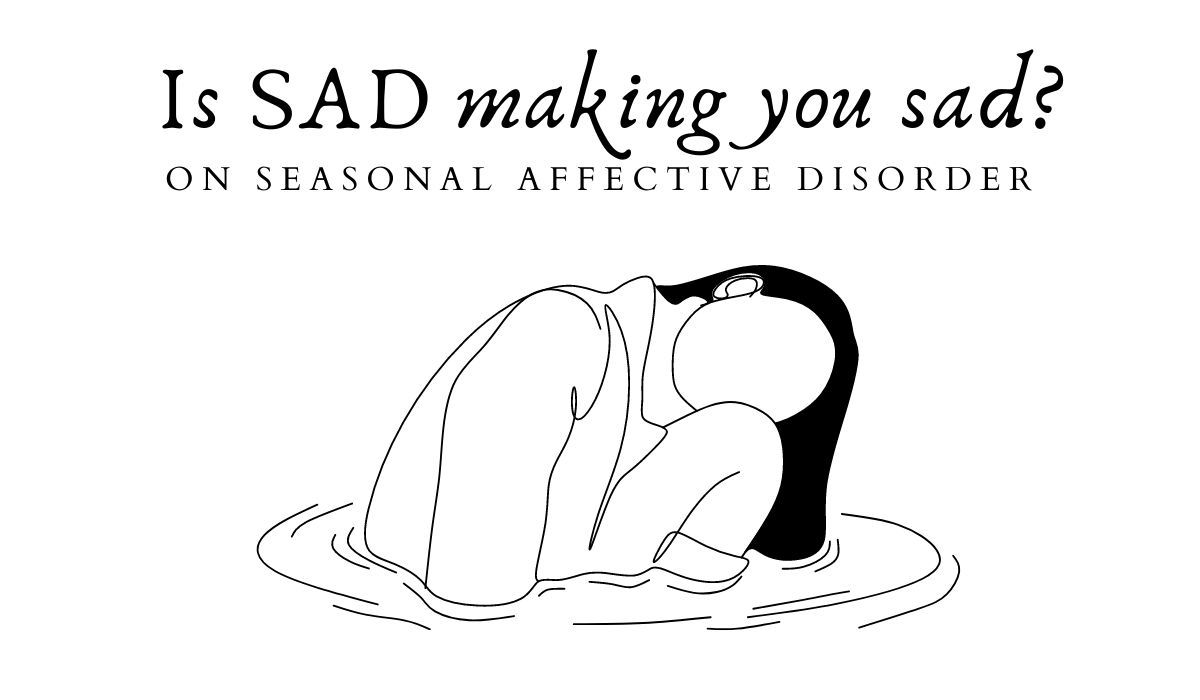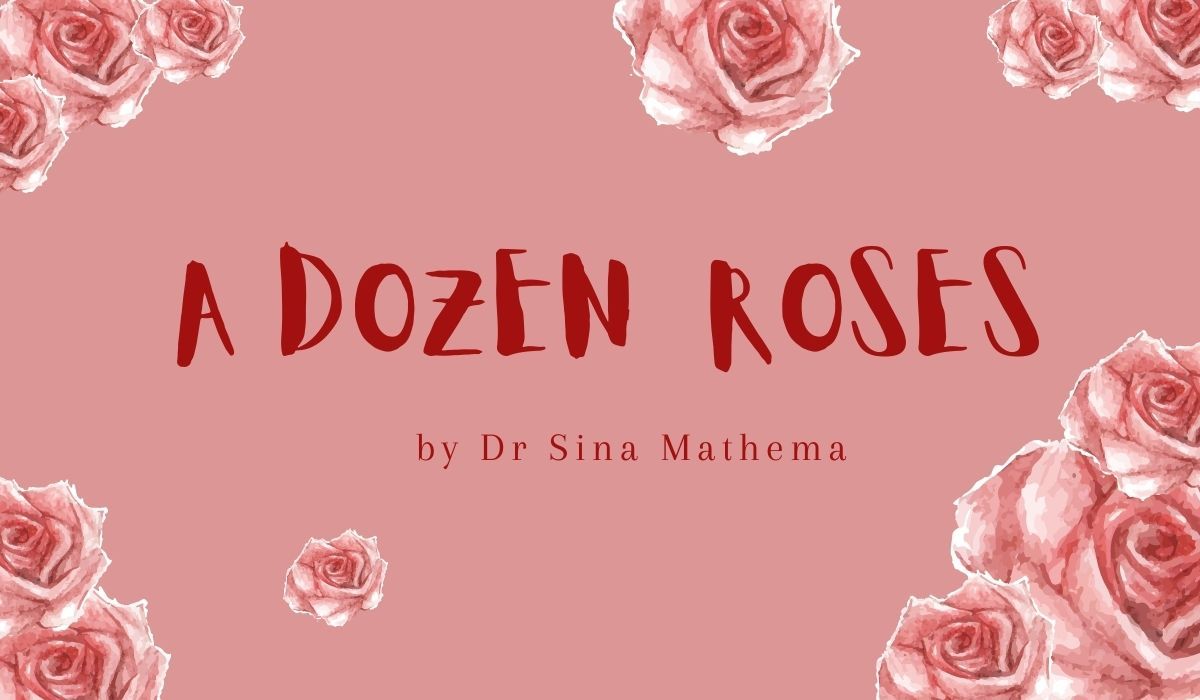Let’s Talk About Blind Date – the viral show dominating the Nepali social media sphere.

Love it, Hate it or Love to Hate it?
In case you have somehow missed the memes, tik toks and clips floating around the Nepali social media sphere, Blind Date is a Nepali dating show where young Nepalis go on a series of blind dates in search of their perfect partner. The premise of the show is not new to TV but is certainly the first of its kind that I have seen based in Nepal . Like many others, I have been tuning in to watch new episodes as they are uploaded onto Youtube each week. Undoubtedly the show is entertaining as you laugh at awkward first date fails and cringe at declarations of love just minutes after meeting someone. However, the more I watch this show the more I realise that the messages it promotes are not ones that I believe young Nepalis should be internalising. What follows are just my personal opinions and takeaways from the show and are not meant to cause offence to any individuals involved with the show. At the time of writing this, 16 episodes of Blind Date Nepal were available to view on Youtube so my commentary will be limited to these episodes only.
Before I get into my criticisms of this show, I feel that I must point out that there are some things worth praising. For one, the show is being widely watched by Nepalis and it is certainly encouraging to see Nepali television/Youtube shows becoming more popular. We consume Indian and Western media in such large volumes so it is nice to see a Nepal based show gaining traction amongst younger viewers. I also have to point out that the show breaches the topic of young people “dating” and attempts to normalise this. We live in a country where many young people still feel the need to keep relationships a secret from their parents and wider families so it is perhaps a positive thing to have a show that not only attempts to normalise but also actively encourages young people to date openly. We should all be able to enter into relationships with people whom we choose and this show is perhaps a step in the right direction when it comes to making dating a less secretive and taboo affair.
A further point upon which I believe this show deserves praise is it’s approach to caste and socio-economic background. The participants on the show hail from many different castes and backgrounds and are paired up with one another regardless of their caste. This is a definite cause for praise in my view as many families today still try to impose restrictions upon their children when it comes to inter-caste relationships and only deem intra-caste relationships as worthy of pursuing with any level of “seriousness” or with the aim of marriage. It is hugely refreshing to see a more open approach to this often uncomfortable reality within our society as participants are not only on dates with people of other castes but also casually discuss this matter. When asked if a difference in caste would impact their decision to move forward and have a relationship with the person they are on a date with, so far all participants have made it clear that differing caste backgrounds do not negatively impact their view of a person or their desire to pursue a relationship with them. There is a definite positive takeaway here, and I hope such open discussion will encourage us to move away from deeply entrenched casteism in our society and realise that someone’s name does not define their worth.
However, these positive aspects cannot cover up what I think is a deeply flawed narrative perpetuated by this show. The format of the show itself is problematic to me as the participants are encouraged to make a decision as to who they want to be with, and it is implied even marry, after just one or two staged meetings. Of course they may be some people who learn everything they need to about an individual in just a day or two and know that they want to spend the rest of their lives with them, but for most of us it takes many months and maybe even years to get to know someone enough to decide that we want to be with them and even marry them. What kind of example does a show like this set to young people entering the dating world in Nepal today? That they should make rash decisions regarding their potential romantic partners because they should feel “a connection” of some sort from the very beginning? Often arranged marriages are critiqued for the inherent absurdness that two people meet once or twice and are then expected to spend the rest of their lives together in wedded bliss. So far, Blind Date seems to follow this same logic. While this may differ in episodes to come when participants go on more dates and make decisions as to who they wish to continue their relations with, up until this point in the show participants seem to jump straight to the topic of marriage and whether the person in front of them is willing to marry them or not.
Money and spending habits are another topic discussed at length in every episode. There is a positive takeaway here, which is that we see many young people, both women and men, talking about how they are able to support their lifestyles based on their own careers and incomes. This is extremely encouraging to see from people in their twenties. In particular many of the women on the show speak repeatedly about how much they earn and spend on their lifestyles. While it can be uncomfortable to see such casual discussion of finances on television, given that we usually shy away from such topics, it is refreshing to see financial independence amongst the participants. However, where I see negative tropes emerging is when the discussion of finance turns towards marriage. In this area, I feel that it is by and large the women on the show (the very same who have just outlined their financial independence and spending capacities) who then make demands of their prospective spouses which include anything from paying for their lifestyle expenses, handing over their companies to their wives and demanding to know exactly what assets the man possesses. Despite being professionals themselves, the women on the show seem to judge the men based on their careers and salaries, even going so far as to declare that the relationship will not work out based on the man’s income level and dismissing career choices that are considered to be different to “traditional” jobs. Of course an open discussion regarding financial realities is very much warranted in a relationship, but I think the way in which such conversations are portrayed on the show tap into a deeper problem in our society. Women are more often than not encouraged to view marriage as a means to financial stability. To find a man to “take care of you” is pushed as the main aim in finding a life partner. This leads to women viewing marriage as a transactional relationship rather than one based on love, respect and mutual understanding. The vast majority of the women we see on the show give the impression that in spite of their own careers and incomes, they would expect the man in the relationship to cover all household and living costs which not only reduces the men to ATMs but also encourages complete dependence on one’s husband even though you have shown yourself to be more than capable of looking after yourself.
Furthermore, age seems to be a very contentious issue. It seems that all the participants are in their twenties and thirties though there have been numerous instances in which a participant has refused to reveal their age to their date. Being “too old” means that there must be something wrong with you as you have not yet found a life partner; being “too young” means you are not experienced enough (whatever this might mean) to be considered an appropriate match. Yes I agree that it is generally considered impolite to bluntly ask someone their age, however in the context of entering into a relationship it seems strange to me that one’s age would be something people try to hide. This simply perpetuates the view that there is a “right time” to date and to get married. People feel that they should live their lives based on what society deems age appropriate for them rather than taking life at their own pace and doing what feels right for you. Age is equated with maturity and experience, and while this may be true in some cases it is not fair to dismiss younger people based on assumptions made regarding their age, and it is not fair to assume that older people are somehow flawed just because they are single.
Hand in hand with this, the participants usually enter into a discussion about their past relationships. Everyone has a past and making assumptions and judgements about someone (who you’ve just met) based on their account of their past seems reductive and unnecessary. The number of past relationships someone has had is a large area of contention on the show. Men imply that they are not interested in women who have had boyfriends in the past, even saying that they do not like someone based on the fact that the woman went on a trip with her previous partner. Women being criticised for having “too many” relationships simply taps into the archaic notion of women needing to be “pure” and “chaste” to be desirable. There is a gross double standard applied here as often men are praised for their number of relationships and so called “conquests” while women are judged and implicitly viewed as morally “loose” or corrupt. The men too suffer under the burden of their past romantic endeavours on this show, as it is said on more than one occasion that there must be something wrong with a man if he has had unsuccessful relationships in the past. I’m sure we can all agree that having a conversation about past relationships is helpful at some point in a new relationship, but we cannot condone the idea of a person’s value as a partner being linked to the number of past relationships they have been in.
The aforementioned conversation where a woman mentions her trips with her ex-boyfriend (prompting a negative reaction from her date) turns out to be a made up story that she was using to “test” his response. A further example of a “test” on the show is seen when a woman asks her date to fetch her some water which he does, she then asks him to fetch a glass and while he is away she empties the water bottle onto the ground. She then repeatedly asks him to fetch her water (which she throws away) and complains about his reluctance. What we see here is the notion of giving someone you are on a date with arbitrary “tests” which you then use to extrapolate judgements regarding their character and suitability as a partner. It is undoubtedly true that someone’s character is an essential part of who they are and therefore is an important factor to consider when choosing someone to spend the rest of your life with. However such “tests” of character seem to me to be manipulative rather than exploratory. Talking to someone and spending time with them are usually considered ways in which to gain an understanding of someone’s character and the show fails to show us this, rather it portrays these “tests” of character as an amusing aspect of dating.
I want to point out that it seems to me, as a casual viewer, that many of these inherent problems in the show are perhaps due to the way the show is filmed, staged and edited. I would be apprehensive about placing blame on the participants and would instead say perhaps certain topics of conversation which are bound to lead to problematic views and behaviours are encouraged. This is implied in the repetitive nature of the topics discussed by the participants on each date they go on. The same topics are brought up and often in the same order. This may suggest that the participants are given explicit instructions on what to say in order to create “drama” and orchestrate content that is worthy of going “viral” which would of course make complete sense. After all this is a piece of entertainment and captivating audiences is the main aim, even when this can create problematic narratives.
I am definitely not telling you to not watch this show; Blind Date is undoubtedly an extremely humorous show worthy of being at the top of all our guilty pleasure watch lists. I personally have been enjoying it immensely and plan to watch the show to completion. What I simply ask of you is that, like all the information we consume, watch this with a critical eye and think about the messages it perpetuates and whether or not you agree with them and perhaps in your own dating life and relationships, think about how you place value upon a person and decide their worth.


